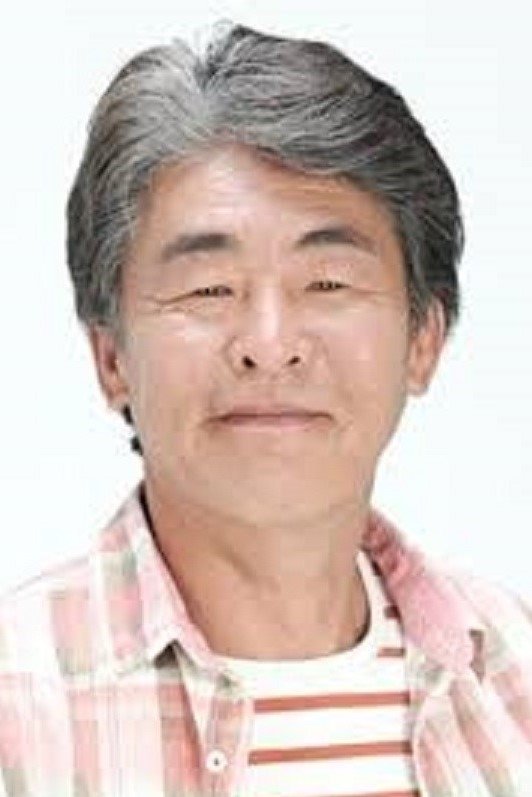
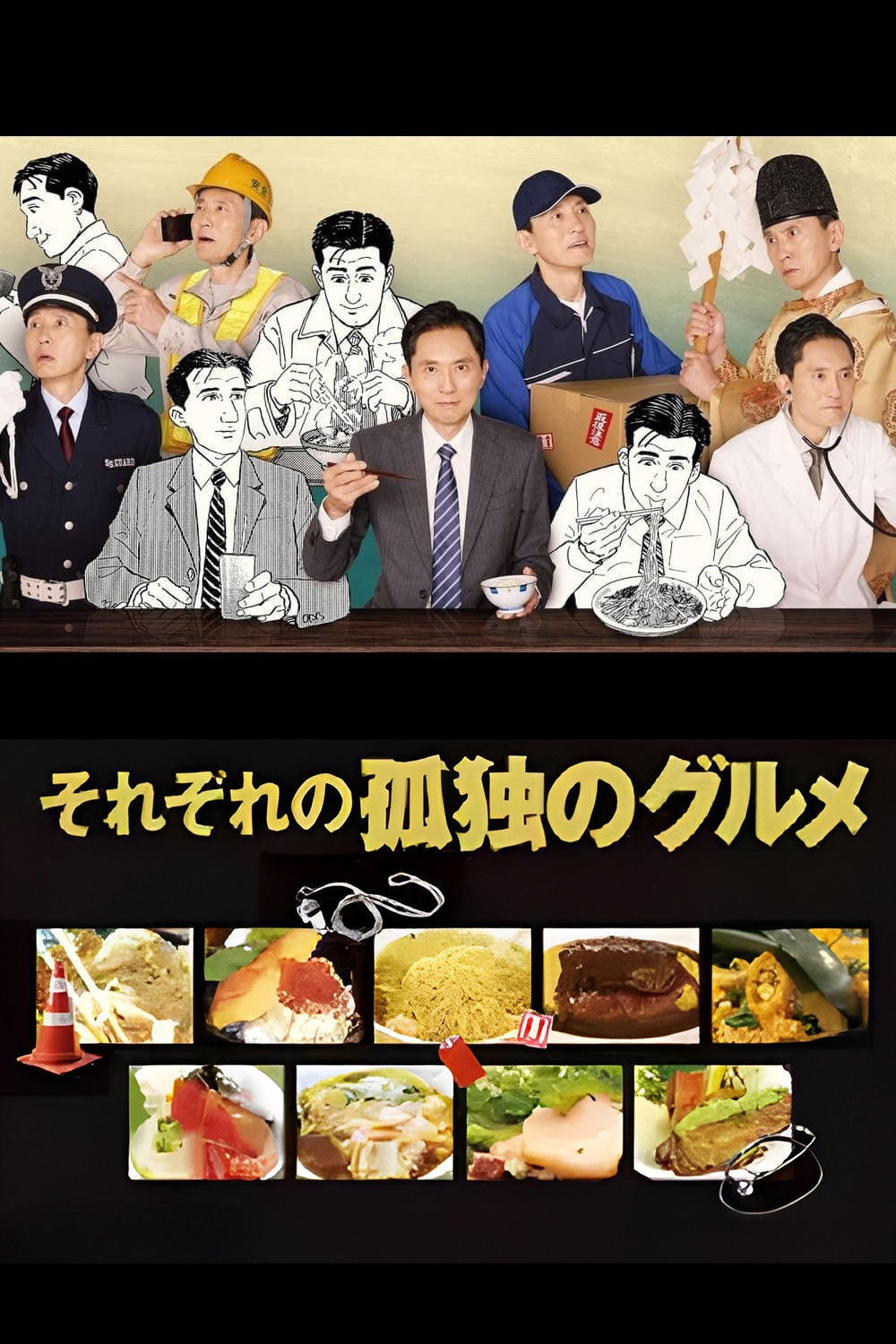
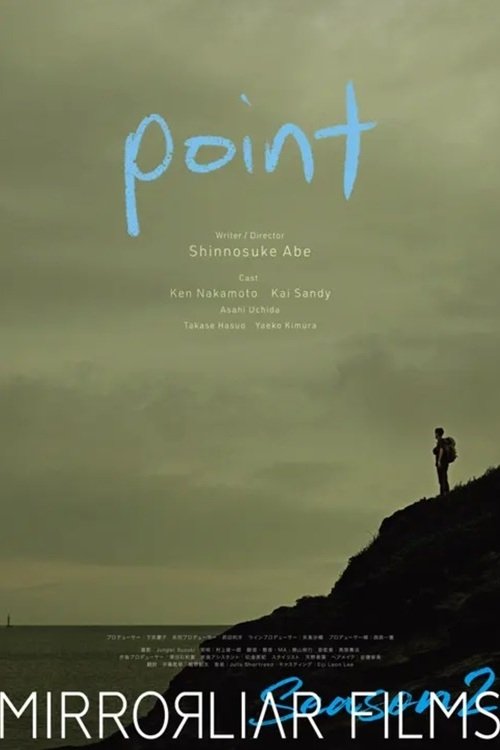
Joshua, a young foreigner traveling in Japan. Yamagishi, an elderly man in a car. The two are heading to their own destinations. When the two meet, despite not being able to speak the same language, their hearts begin to move. This is a work that explores the importance of being able to communicate without words, beyond the barriers of age and nationality.

Residents in a town have a hard time due to the land tax and forced labor. 9 people, including Juzaburo Kokutaya (Sadao Abe), worry about the future of their town. They then set up a plan to save the town. The plan is to lend large amounts of money to han (historical term for the estate of a warrior) and distribute the interest annually to the residents, but if they're caught they will lose their lives.
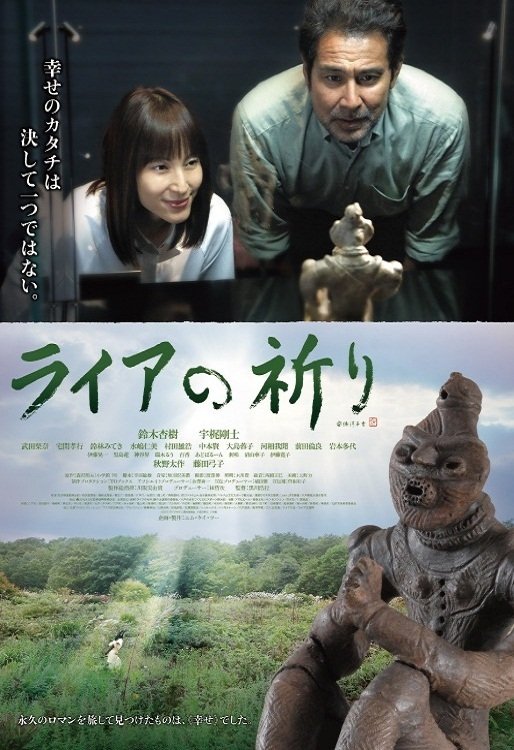
Goro is an archeologist, fascinated with the national treasure Gassho clay figure and remains from the Jomon period. He meets a woman, Momoko who is timid with love. Momoko often has memories from ancient times and landscapes of the heart in her dreams. She tells Goro about her dream and their relationship deepens.

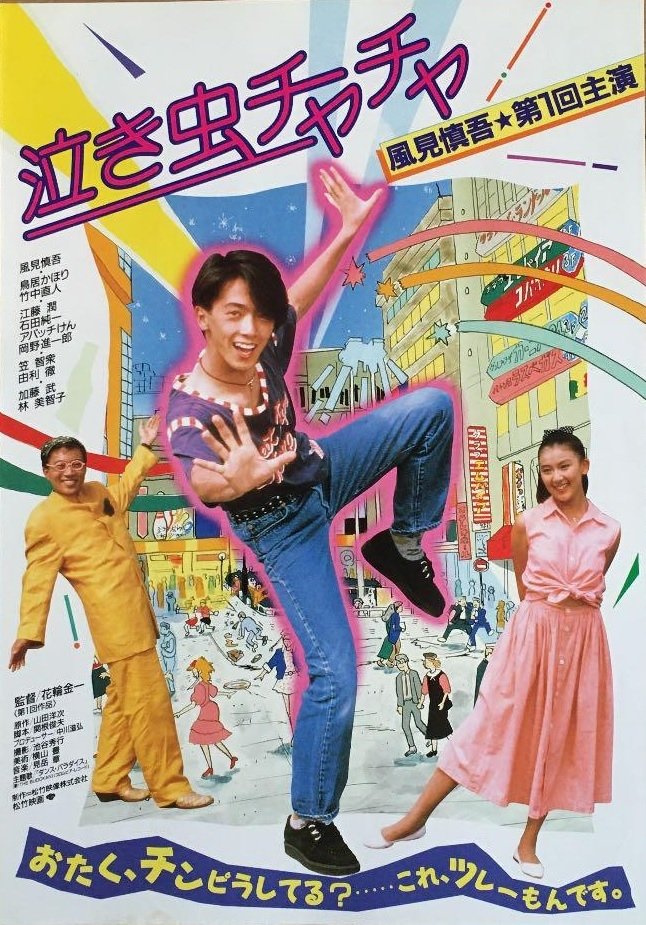
Chiaki Onoda a young assisstant sound mixer is unhappy with his job, but otherwise he is enjoying life. He loves his cat, his friends, hunting for girls and breakdancing in discos. A funeral forces him to return home and meet his familiy, which (espicially his father) disapprove of his lifestyle.
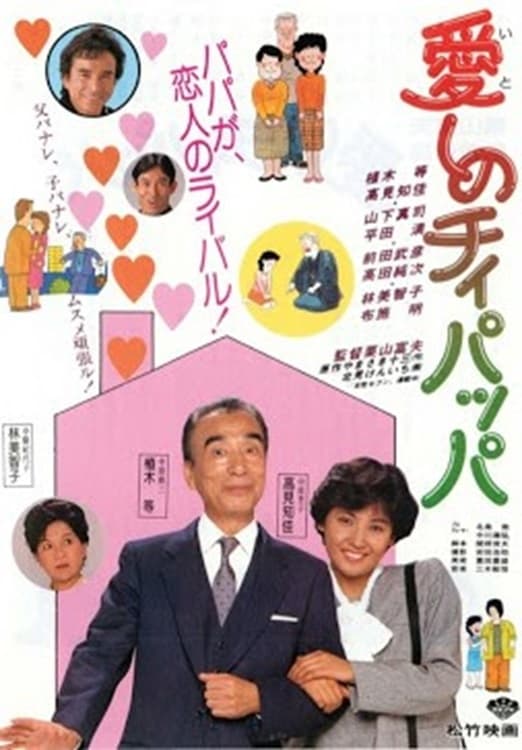

Tora-san's family's neighbor, Akemi, who had been married in Marriage Counselor Tora-san (1984), runs away from her husband, who is only interested in work. Tora-san follows her to Shikinejima, and attempts to bring her back to her home. In doing so he encounters a school-reunion group who are traveling to meet their elementary school teacher, which is a reference to the film Twenty-Four Eyes by Keisuke Kinoshita. Tora-san joins them and falls in love with the teacher.
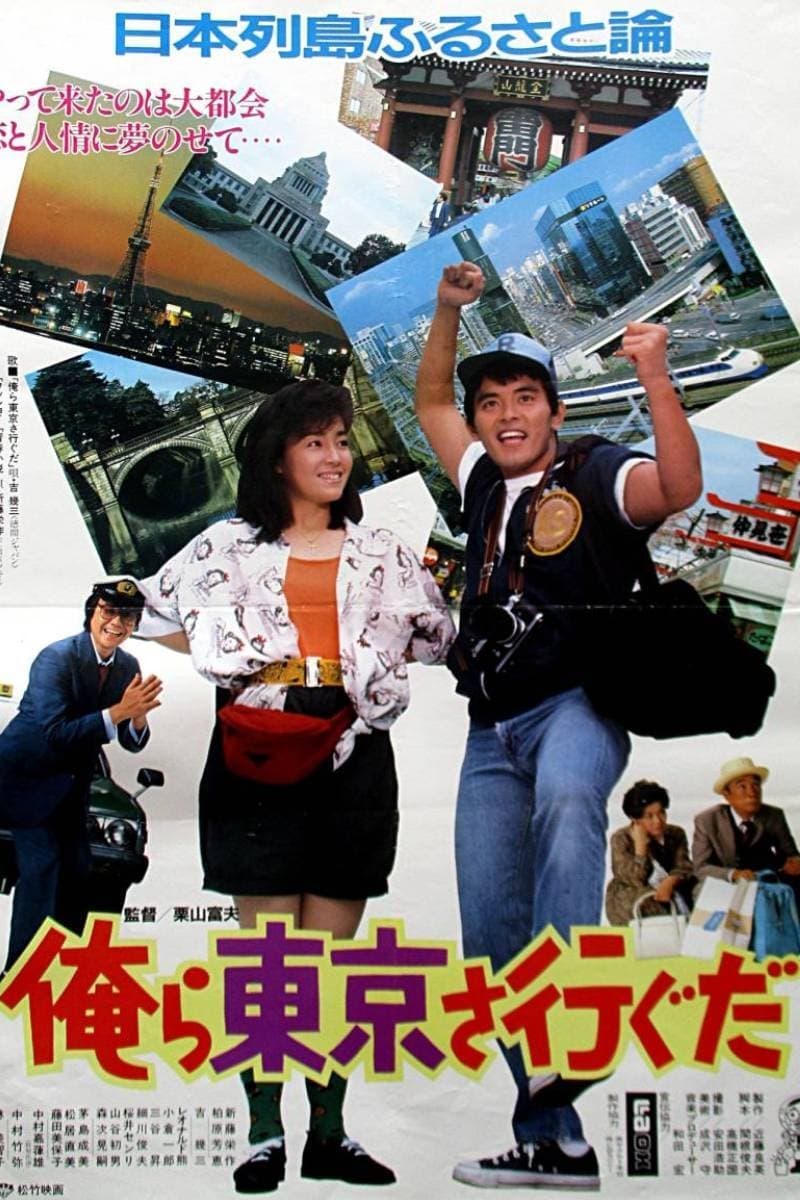
A young man working as a cameraman in Tokyo is visited for three days by his parents from the countryside.
By browsing this website, you accept our cookies policy.